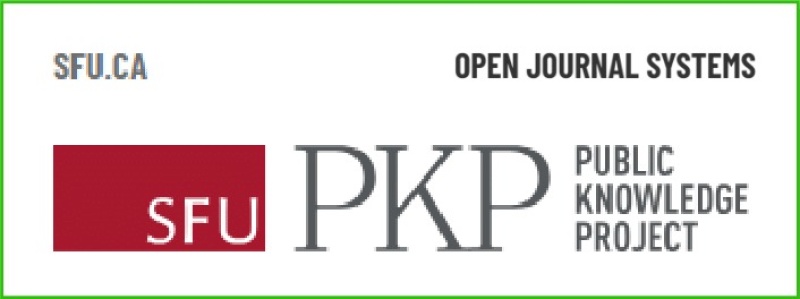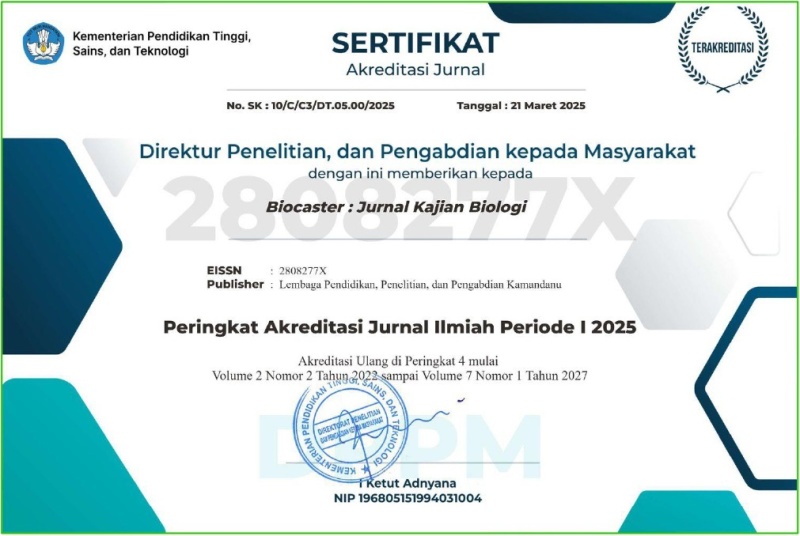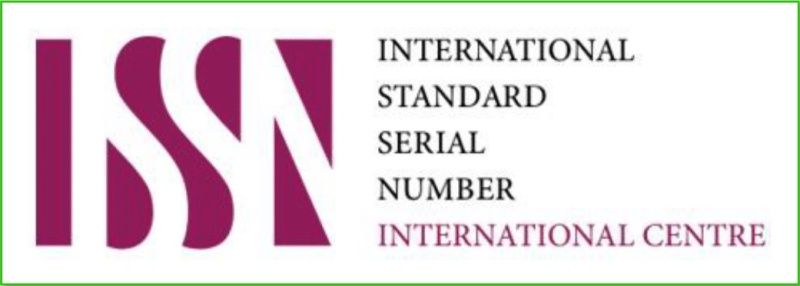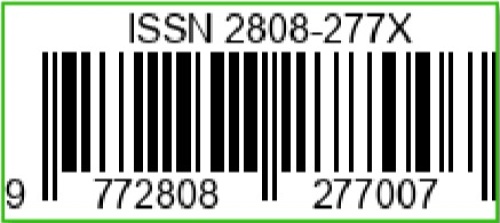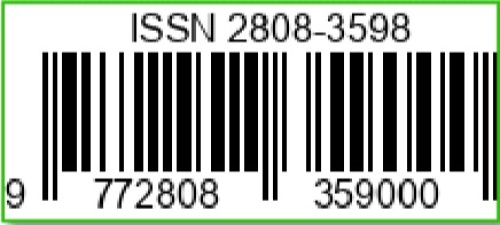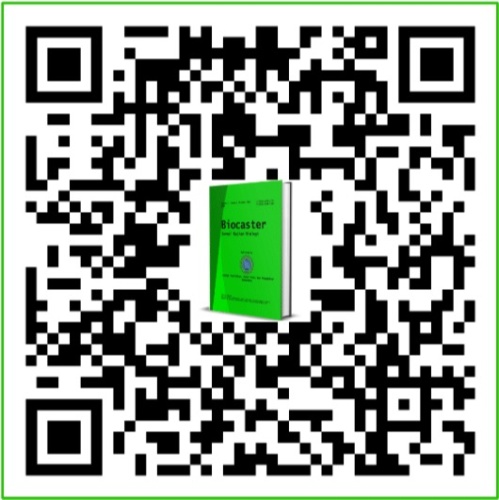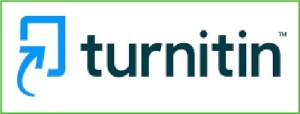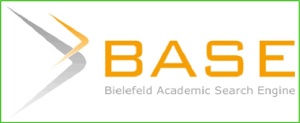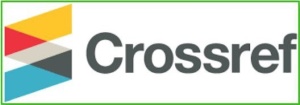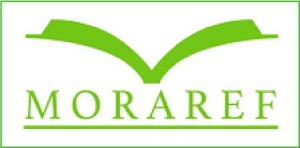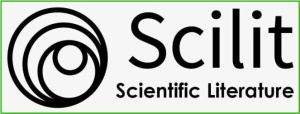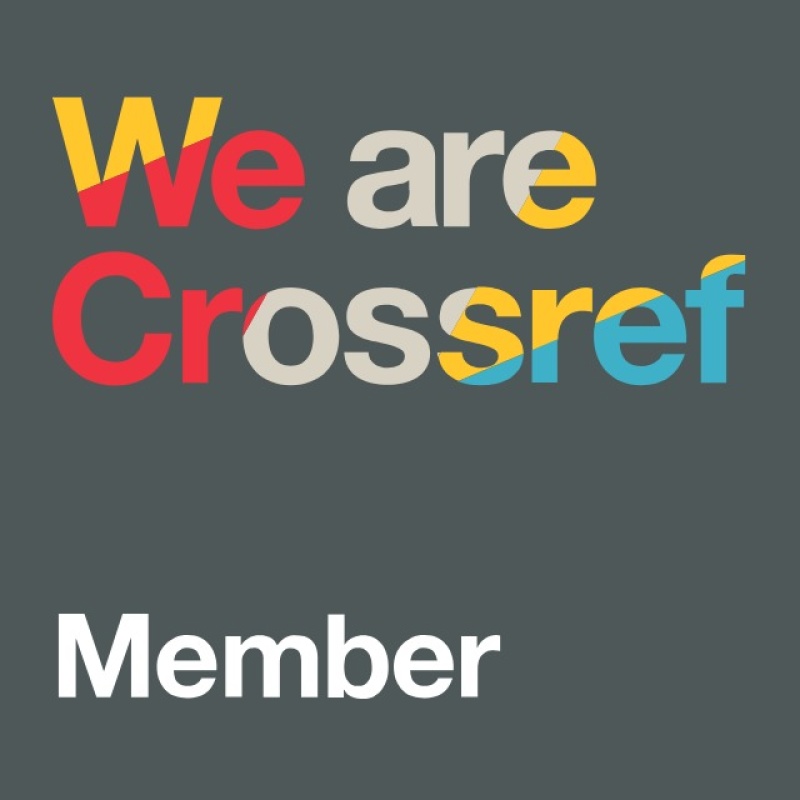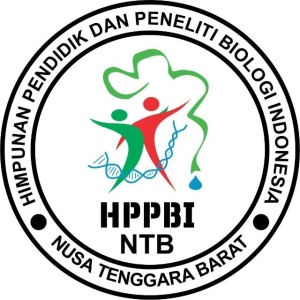Validitas Modul Ajar Berbasis Problem Based Learning Terintegrasi Google Sites pada Materi Ekosistem
DOI:
https://doi.org/10.36312/biocaster.v5i4.737Keywords:
Ecosystem, Google Sites, Teaching Modules, Problem Based Learning, ValidityAbstract
Biology learning in ecosystem materials still faces obstacles in the form of limited interactive learning tools, so that it has not been able to optimize students' problem-solving skills. The use of conventional devices that have not utilized digital technology makes the learning process less interesting and does not fully support independent learning. This study aims to describe the validity of google sites-integrated problem-based learning-based teaching modules on ecosystem materials. This type of research is Research and Development (R&D) with the ADDIE (Analyze, Design, Develop, Implement, and Evaluate) development model. The research subjects consisted of 31 students of class X. The instruments used included content and media validation sheets. The validation results showed that the teaching module was in the very valid category, with a percentage of 93% in the content aspect and 93.66% in the media aspect. Thus, google sites' integrated problem-based learning teaching module is suitable for use as a biology learning tool, because it is able to provide interactive, accessible learning, and support the improvement of students' problem-solving skills in a contextual and interesting manner.
Downloads
References
Anggereini, E., Yelianti, U., & Hermaya, I. (2023). Pro-Environmental Behavior Learning by Using a Mini Research Project and its Impact on Problem Solving Abilities. Jurnal Pendidikan Indonesia, 12(1), 59-67. https://doi.org/10.23887/jpiundiksha.v12i1.50163
Ariningrum, W. (2016). Aspek Materi, Konstruksi dan Bahasa pada Soal Sastra Ujian Nasional Tingkat SMK Mata Pelajaran Bahasa Indonesia Tahun 2014/2015. Skripsi. Universitas Muhammadiyah Surakarta.
Aziz, A. (2025). Peran Guru dalam Manajemen Kelas untuk Menciptakan Lingkungan Belajar yang Efektif di SMK Cendekia Muslim. Jurnal Tahsinia, 6(8), 1178-1190. https://doi.org/10.57171/jt.v6i8.644
Bintarawati, E., Husamah, H., & Hudha, A. M. (2025). Penerapan Model Pembelajaran OIDDE untuk Meningkatkan Pemahaman Konsep Biologi Siswa SMAN 2 Sampit pada Materi Virus. Strategy : Jurnal Inovasi Strategi dan Model Pembelajaran, 5(3), 357-366. https://doi.org/10.51878/strategi.v5i3.6839
Fitriani, I., Hidayat, S., & Genisa, M. U. (2023). Analisis Kebutuhan Pengembangan E-Modul Ajar Berbasis PjBL Terintegrasi Etnoekologi untuk Meningkatkan Keterampilan Berpikir Kritis dan Kreatif Materi Perubahan Lingkungan. Jurnal Penelitian Pendidikan IPA, 4(2), 152-161. https://doi.org/10.53299/jppi.v4i2.582
Lastri, Y. (2023). Pengembangan dan Pemanfaatan Bahan Ajar E-Modul dalam Proses Pembelajaran. Jurnal Citra Pendidikan (JCP), 3(3), 1139-1146. https://doi.org/10.38048/jcp.v3i3.1914
Mustaqimah, N., Dama, L., Usman, N. F., Akbar, M. N., & Nurrijal, N. (2023). Pengembangan Media Flashcard dengan Panduan Belajar Sambil Bermain Menggunakan Microsite untuk Pembelajaran Biologi Materi Klasifikasi Makhluk Hidup. Khazanah Pendidikan, 17(1), 376-384. https://doi.org/10.30595/jkp.v17i1.17159
Nurdiansah, D. D., Makki, M., & Novitasari, S. (2025). Pengembangan Web Pembelajaran Berbasis Google Sites untuk Meningkatkan Literasi Baca Tulis Peserta Didik Kelas 5 di SDN 2 Selong. Pendas : Jurnal Ilmiah Pendidikan Dasar, 10(2), 212-226. https://doi.org/10.23969/jp.v10i02.24724
Prayogo, S. Y., Anita, A., & Sari, I. N. (2022). Pengembangan Media Pembelajaran Pop Up Book untuk Mengenalkan Alat-alat Optik. Jurnal Pendidikan Sains dan Aplikasinya, 5(1), 34-43. https://doi.org/10.31571/jpsa.v5i1.3124
Rahmatin, U., Katili, M. R., Hadjaratie, L., & Suhada, S. (2021). Pengembangan Media Komik untuk Pembelajaran Materi Logika dan Algoritma Komputer. Jambura : Journal of Informatics, 3(1), 11-19 https://doi.org/10.37905/jji.v3i1.10367
Ramadani, D. (2025). The Validity and Practicality of Physics Learning Media on Measurement Topic Using Google Sites. Physics Learning and Education, 3(2), 54-61. https://doi.org/10.24036/ple.v3i2.238
Riduwan, R. (2010). Skala Pengukuran Variabel-variabel Penelitian. Bandung: CV. Alfabeta.
Safnowandi, S. (2024). Validitas Petunjuk Praktikum Ekologi Perairan dalam Pembelajaran Mahasiswa. Educatoria : Jurnal Ilmiah Ilmu Pendidikan, 4(4), 146-151. https://doi.org/10.36312/educatoria.v4i4.317
Siregar, W., & Lubis, A. W. (2022). Penggunaan E-Modul Problem Based Learning (PBL) terhadap Hasil Belajar Siswa pada Materi Sifat Koligatif Larutan. CHEDS : Journal of Chemistry, Education, and Science, 6(1), 60-65. https://doi.org/10.30743/cheds.v6i1.5405
Syamsualam, S., Irfan, I., & Sumiati, P. (2019). Kelayakan Isi Buku Teks Seni Budaya Kurikulum 2013 SMP/MTs Kelas VIII Ditinjau dari Aspek Pembelajaran Seni Rupa. Jurnal Pakarena, 4(1), 46-53. https://doi.org/10.26858/p.v4i1.12984
Yazid, K. (2016). Validitas Buku Saku Materi Ekologi untuk Siswa Kelas X SMA. Jurnal Bioedukatika, 5(3), 45-52. https://doi.org/10.26555/bioedukatika.v5i3.1234
Downloads
Published
How to Cite
Issue
Section
License
Copyright (c) 2025 Dwi Junievawati Daud, Hartono D. Mamu, Nur Mustaqimah, Elya Nusantari, & Ilyas H. Husain

This work is licensed under a Creative Commons Attribution-ShareAlike 4.0 International License.
-
Attribution — You must give appropriate credit, provide a link to the license, and indicate if changes were made. You may do so in any reasonable manner, but not in any way that suggests the licensor endorses you or your use.
-
ShareAlike — If you remix, transform, or build upon the material, you must distribute your contributions under the same license as the original.


